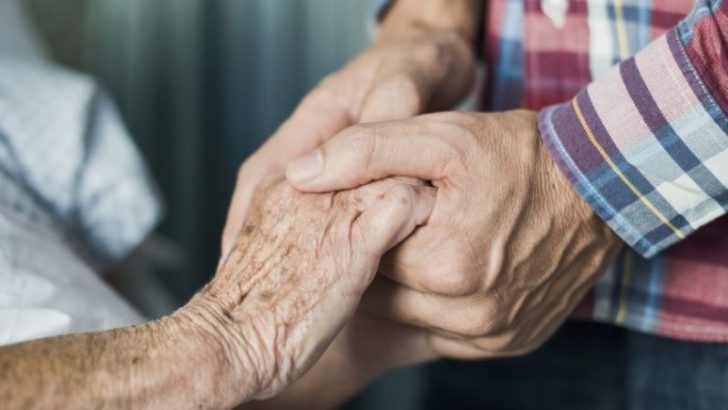Australian bishops have written a pastoral letter denouncing Victoria state’s “new, and deeply troubling chapter of health care”, as voluntary euthanasia and assisted suicide became legal last Wednesday. The Voluntary Assisted Dying Act 2017 took effect on June 19.
In a letter earlier this month, the bishops of Melbourne, Ballarat, Sale, and Sandhurst wrote that “we cannot cooperate with the facilitation of suicide, even when it seems motivated by empathy or kindness.
“What is being referred to as ‘VAD’ is a combination of what in plain- speaking is more commonly known as physician assisted suicide and euthanasia,” they noted.
“We feel a responsibility not just to say ‘no’ to VAD, but to give every encouragement to model a way of life that renders VAD unnecessary.”
The Voluntary Assisted Dying Act 2017 allows adult Victoria residents who are terminally ill, expected to die within six months (or 12 if they have a neurodegenerative condition), and mentally competent, to ask their doctor to prescribe drugs that will end their lives.
Requests
Two doctors must verify the requester’s eligibility, and the person must make three requests for assisted suicide or euthanasia. Those seeking to end their lives must have lived in Victoria for at least a year, and be an Australian citizen or permanent resident.
Health practitioners are granted conscientious objection rights against participation in euthanasia or assisted suicide under the law.
About 100 doctors across the nearly 92,000 square mile state have begun receiving the mandatory training required to be allowed to assist patients who need medical help to die.
The bishops said the legislation has been inappropriately labelled as a compassionate response to terminal illness.
“We object to the unnecessary taking of a human life; we object to the diminishment of the love that can be given and received in the last days of our loved ones; we object to the lack of adequate funding for excellent palliative care; we object to state-sponsored practices that facilitate suicide; and most of all we object to the lazy idea that the best response our community can offer a person in acute suffering is to end their life.”



